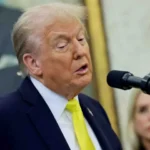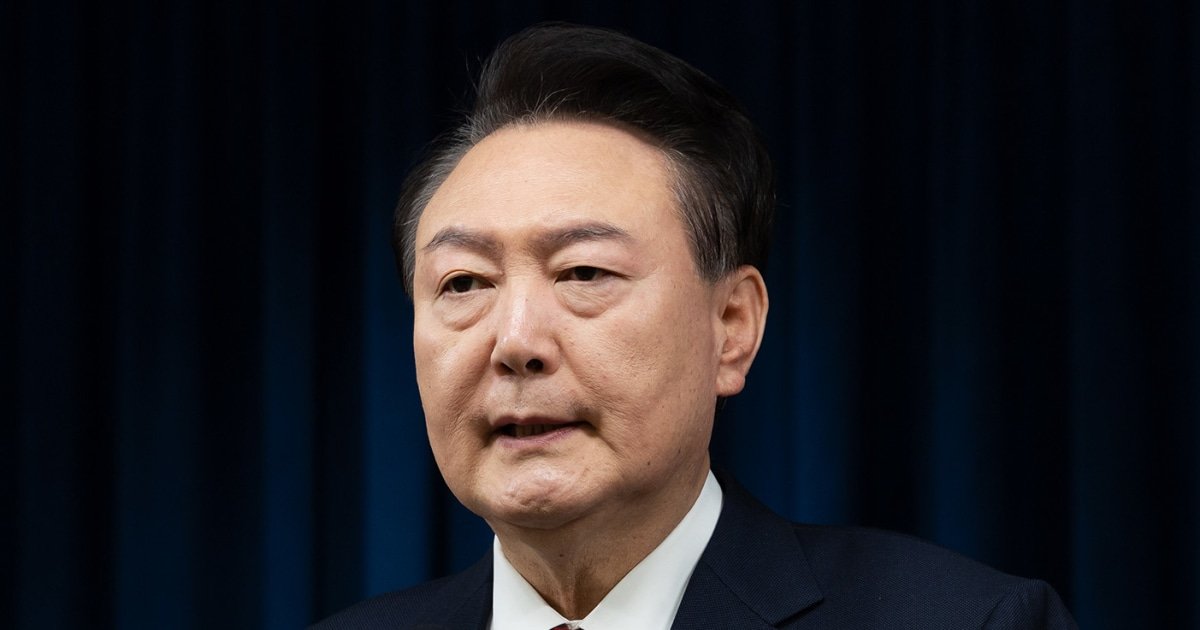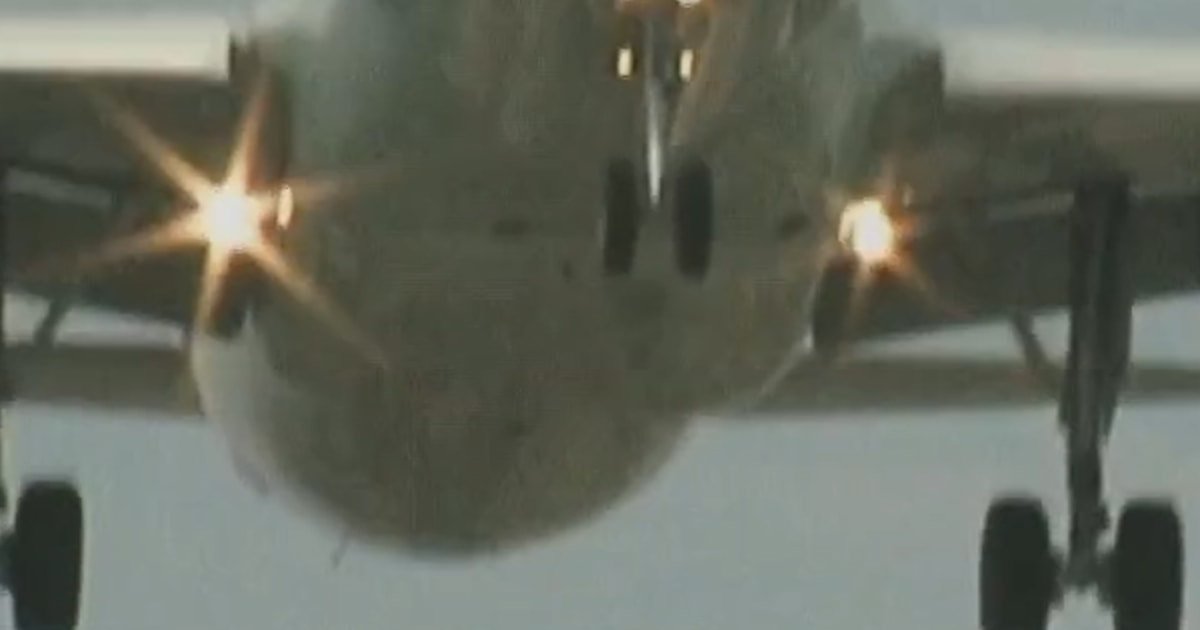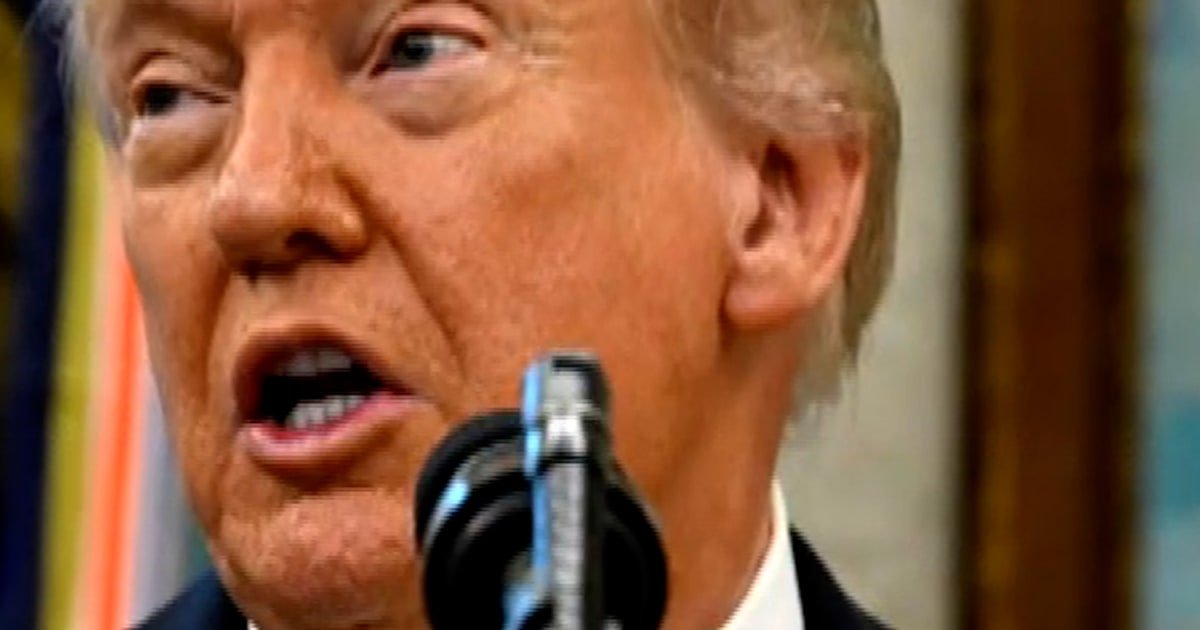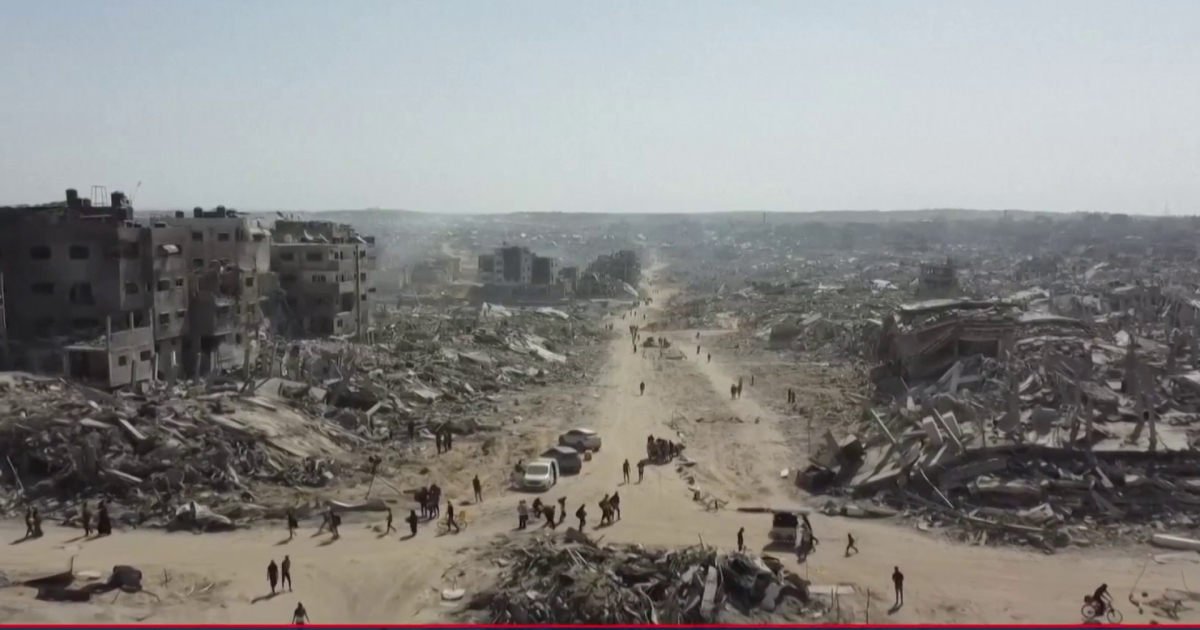SEOUL, South Korea – A South Korean court on Tuesday issued orders to detain impeachable President Yoon Suk Yeol and search his office and residence on charges of rebellion in connection with his brief declaration of martial law.
It is the first time that an order has been issued to detain a sitting South Korean president. But experts say there is little chance of arrest or searches unless Yoon is formally removed from office.
The Seoul Western District Court issued warrants to detain Yoon and search the presidential office and residence in central Seoul, according to a statement from the Corruption Investigation Bureau for Senior Officials, which is leading a joint investigation with the police and military authorities.
The agency says it has been investigating whether Yoon’s Dec. 3 statement amounted to rebellion.
Under South Korean law, the leader of a rebellion can face the death penalty or life in prison if convicted. Yoon has presidential immunity from most criminal prosecutions, but the privilege does not extend to accusations of rebellion or treason.
Yoon’s powers have been suspended since the opposition-controlled National Assembly voted to impeach him on Dec. 14 over his imposition of martial law, during which hundreds of troops and police were deployed to the assembly. By law, a South Korean president can declare martial law only during times of war or similar emergencies and has no right to suspend parliament operations even under martial law.
Yoon has argued that his decree was a legitimate act of government, calling it a warning to the main liberal opposition party, the Democratic Party, which he has called “a monster” and “anti-state forces,” which has used its legislative majority to impeach senior officials. , undermines the government budget and who, according to him, sympathizes with North Korea.
The Constitutional Court must determine whether to remove Yoon as president or reinstate him.
Experts said Yoon is likely to ignore the orders.
Yoon Kap-keun, the president’s lawyer, called the detention order “invalid” and “illegal” and said the anti-graft agency lacks legal authority to investigate rebellion charges. The presidential security service said it will provide security for Yoon in accordance with the law.
The anti-graft agency said it has no immediate plans for when it would proceed with the orders.
“Unless Yoon voluntarily allows them to stop him, there is no way to stop him,” said Choi Jin, director of the Seoul-based Presidential Leadership Institute. “Should investigators have hand-to-hand fights with security services?”
Choi said investigators are likely to visit Yoon’s residence to demonstrate that they are carrying out their work strictly and fairly.
Park Sung-min, president of Seoul-based political consultancy MIN Consulting, said the push for an arrest warrant is likely an attempt to pressure Yoon to cooperate with investigations.
Former President Park Geun-hye, who was removed from office in 2017 following an impeachment trial over a corruption scandal, also refused to meet with prosecutors while in office. She was interrogated by them and arrested after the Constitutional Court removed her from office.
Yoon’s imposition of martial law lasted only six hours, but it caused enormous political upheaval, halted high-level diplomacy and shook financial markets. Despite Yoon’s deployment of troops and police, enough lawmakers managed to enter the assembly chamber to unanimously overturn it.
Yoon’s defense minister, police chief and several top military commanders have already been arrested for their role in enacting martial law.
Yoon claimed he was not trying to stop the operation of the assembly, saying troops were sent to maintain order, and also denied he was planning to arrest politicians. But comments from now-arrested military unit commanders sent to the assembly contradict this claim.
Kwak Jong-keun, commander of the Army Special Warfare Command, testified before the National Assembly that Yoon called on troops to “quickly break down the door and drag out the lawmakers inside.” Kwak said he did not follow Yoon’s orders.
The country’s political crisis deepened last Friday, when the Democratic Party and other small opposition parties voted to oust interim President Han Duck-soo, as well as disputes over his refusal to fill three justice positions in the Constitutional Court of nine members. Observers say adding more judges could increase the court’s prospects for supporting Yoon’s impeachment, since that requires the support of at least six judges.
Vice Prime Minister and Finance Minister Choi Sang-mok has become South Korea’s new interim leader. On Tuesday, Choi named two new judges and said he feels urgency to resolve political uncertainty and national division.




